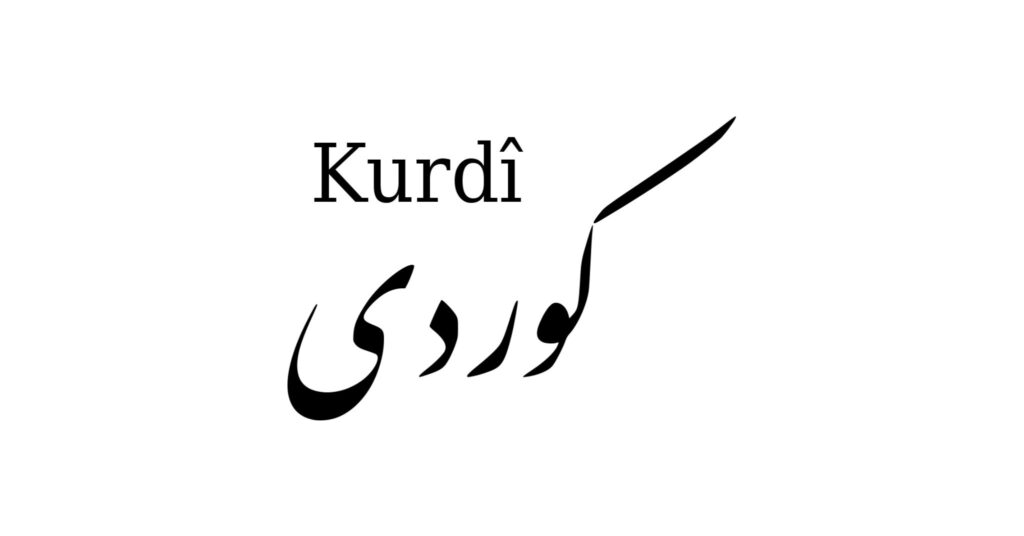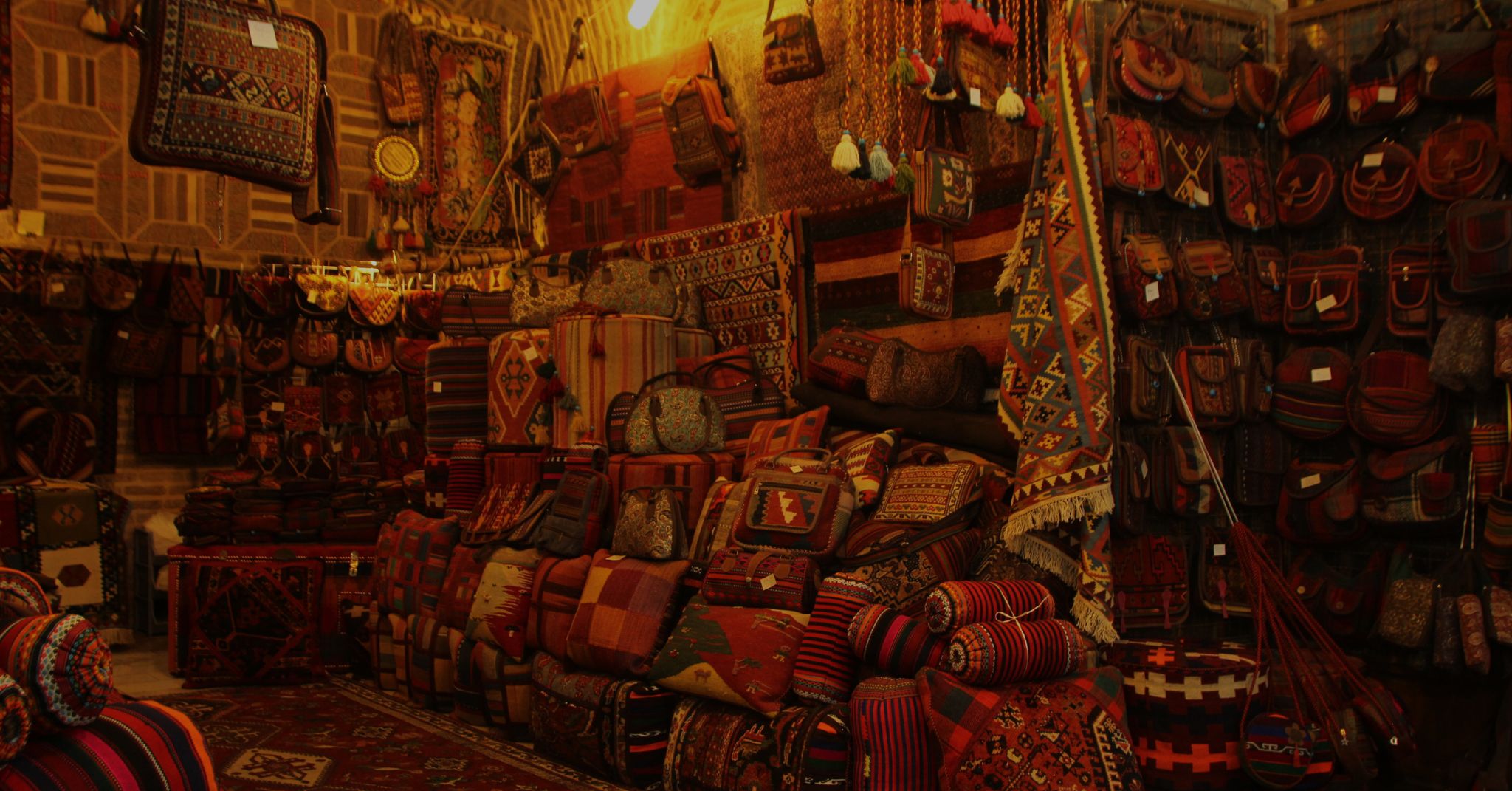The Kurdish language is one of the rarest languages in the world. The language is noted for its rich cultural heritage, diversity, and resilience. Spoken by millions of people across distinct world regions, Kurdish holds a unique place in the linguistic tapestry of our world.
As the need for cross-cultural communication and understanding increases, so does the demand for Kurdish translation services. These services provide a critical bridge between the intricate nuances of the Kurdish language and the global community.
In this article, we’ll explore the Kurdish language in more detail, casting light on the language’s historical roots, geographical distribution, importance, complexities, and Kurdish translation services.
Table of Contents
What is the Kurdish Language?

The Kurdish language is named for the Kurdish people, who comprise Kurdistan’s largest Kurdish speakers. Kurdistan is a region that includes parts of Turkey, Iraq, Syria, and Iran. The term “Kurdish” is thought to have come from the word “kurta,” which means mountainous; some parts of Kurdish are mountainous. Kurdish is an ancient language that has a rich history.
Kurdish belongs to the Indo-Iranian branch of Indo-European languages and was developed between 4,000 to 2,000 years ago. The language includes three main dialects: Kurmanji (Northern Kurdish), Sorani (Central Kurdish), and Xwarin (Southern Kurdish).
Kurdish Linguistic Features
The Kurdish language has several distinctive linguistic features that make this beautiful language so unique. Here are some key features of Kurdish:
The language lacked a standardized script, which caused wide variations in writing systems across the region. The Arabic script is commonly used; however, the Latin alphabet has gained more prominence, especially in Syria and Turkey, contributing to standardization efforts.
In addition, Kurdish has a vowel harmony system, where vowels in a word harmonize or share common features. This is a phonological feature that contributes to the overall sound patterns of the language.
Kurdish is also an agglutinative language, which means that it forms words and expression grammatical relationships by adding prefixes, suffixes, and infixes to a root. This characteristic increases the flexibility and expressiveness of the language.
This language does not have grammatical gender for nouns (like many other Indo-European languages). Moreover, the language follows the SOV (subject-object-verb) word order in its sentences. In other words, the subject usually comes first, followed by the object and then the verb. This contrasts English, which uses the SVO (subject-verb-object) word order.
The Kurdish language has a rich system of verb conjugations, including various tenses, moods, and aspects. This makes the language more complex and allows for more nuanced expression and communication.
Finally, language is used for more than communication; it is also a method for expressing cultural identity. The language is deeply intertwined with Kurdish literature, poetry, and oral traditions. It serves as a medium for preserving and transmitting cultural heritage.
The language has been used for centuries to create entrancing literature, poetry, epic narratives, and historical texts. Famous Kurdish poets include Ahmedi Khani and Ali Hariri, noted for their literary contributions to the Kurdish language.
Understanding the linguistic features of Kurdish is essential to successful communication with Kurdish people.
Who Speaks the Kurdish Language?
Kurdish is spoken by the Kurds, who once lived on the plains of Mesopotamia and the highlands of southeastern Turkey, northeastern Syria, northern Iraq, northwestern Iran, and southwestern Armenia. They speak one of three main Kurdish dialects.
According to World Data, there are about 9 million native speakers of Kurdish and approximately 27.1 million people worldwide who speak Kurdish as their mother tongue. We can further break down the speakers of the two main Kurdish dialects:
- About 65% of Kurds speak Kurmanji (most often written in the Hawar alphabet, which is a derivative of the Latin script)
- 25% of Kurdish people speak Sorani(written in the Sorani alphabet, a derivative of Arabic script)
There are also several sub-dialects of the Kurdish language, including the following:
- Feyli
- Laki
- Kalhuri
- Bayray
- Zangana
Kurdish is an expressive, elegant language increasingly sought by businesses to reach the Kurdish market, increasing the need for Kurdish business translation services. Unfortunately, the language is quite different from other world languages, making it more challenging to create accurate translations.
The Challenges of Translating the Kurdish Language
Kurdish is a challenging language to work with. Following are some of the most common translation issues with this language:
Diversity of Dialects
One of the main challenges of translating Kurdish is interpreting regional dialects and using the correct scripts for each. The two most commonly spoken and standardized dialects of Kurdish are Kurmanji and Sorani. Translating and localizing content for these target audiences means using the right regional linguistic and cultural nuances.
Without using the proper regional dialect and ensuring the localization is correct, users of each dialect may have trouble understanding the context. They may not feel the message/content is targeted directly at them.
Diversity of Scripts
Both of these major dialects have distinctive phonological differences. Kurmanji is written in the Latin script, while Sorani uses the Arabic script. In addition, Cyrillic and Armenia are also used in more minor dialects.
Not only that, but the language also includes loanwords from other languages, making translation and localization even more difficult.
Lack of Linguistic Resources & Terminology
Another issue of translating the Kurdish language and its various dialects makes it challenging to find the correct terminology. In some cases, creating the vocabulary and concepts may be necessary.
Businesses looking to expand into the Kurdish market should consider these challenges. Because the language is so rare and intricate, we highly recommend hiring a professional translation agency that has experienced native translators on their team.
What Types of Documents Require Kurdish Translation Services?
Experienced, native Kurdish speakers can translate from the source language into one of several Kurdish dialects. However, suppose an industry uses specific terminology or jargon. In that case, finding a translator with particular knowledge and expertise in that industry is best to ensure the translated, localized content is accurate and correct.
Several types of documents may require translation into Kurdish, including the following:
Technical translations: some industries need to translate technical documents into Kurdish. These may include specs for an engineering project, software instruction translation, etc.
Medical translation: medical translation services are in high demand, as many Kurds live in other regions or countries than their homeland. Medical translation may be used with patients, their care instructions, etc. In this case, the translator must have a medical background to accurately translate medical information into Kurdish.
Legal translation: businesses operating in different regions where Kurdish is spoken may also require legal translation services for regulatory information. Again, the translation must be accurate, or the organization could suffer legal issues. Translators must have legal expertise and understand legal terminology in the source and target languages.
Professional translators who are Kurdish native speakers are required for all such translation projects. They can translate from the source language into the desired Kurdish dialect, ensuring that the content is accurately translated and meets the cultural nuances and preferences of the target audience.
It pays to search for an experienced translation agency offering high-quality Kurdish language translation services in the desired dialect.
Why is the language called “Kurdish?”
The Kurdish language is named after the Kurdish people, who live in a region that includes Turkey, Iraq, Syria, and Iran. It’s believed that “Kurdish” comes from the ancient word “kurti,” which means mountainous. Many Kurdish people live in mountainous areas.
What Script Does Kurdish Use?
Kurdish is written in several scripts (depending on the region/dialect), including:
- Latin: most often used in Turkey and Syria
- Arabic: used in Iraq, Iran, and Syria
- Cyrillic: used in Armenia (and some parts of the former Soviet Union)
What’s the Difference Between Kurdish and Arabic?
Kurdish is more closely related to Greek and English, while Arabic is part of the Afro-Asiatic family. Sorani indeed uses the Arabic script; however, Kurdish is an Indo-European language.
Is Kurdish Similar to Turkish?
Kurmanji (northern Kurdish) is spoken in Turkey; however, it’s spoken only by Kurds. Many Kurds are multilingual, and many of them easily use the Turkish language.
How Do Speakers of Different Kurdish Dialects Communicate Effectively with One Another?
Around 40 years ago, many Kurds did find it challenging to communicate with one another. Geographical distance and dialects made effective communication almost impossible. However, with the advance of satellite TV, the Internet, and mobile devices, Kurmanji and Sorani spread quickly. Hence, Kurds of different dialects soon learned the other dialects.
Concluding Thoughts
With its diverse history and unique linguistic features, the Kurdish language is a means of communication and a powerful tool for cultural expression. The language has ancient roots and is still widely used by millions worldwide today.
Businesses that target this specific market, face many challenges including different dialects, localization, proper terminology, etc. For this reason, it is best to hire a professional translation agency like Pollion that offers Kurdish translation services. It’s almost impossible to reach the Kurdish market without a native speaker on the translation team. They must have a deep knowledge of the source and target language dialect for an effective linguistic exchange.
If you’re searching for a professional translation agency that offers Kurdish translation services, look no further than Pollion. We can assist you with navigating the complexities of translating brand and product names into Kurdish, ensuring your brand’s message is effectively communicated across Kurdish and other languages and cultures.
Read More: Translation Test: Different Viewpoints
